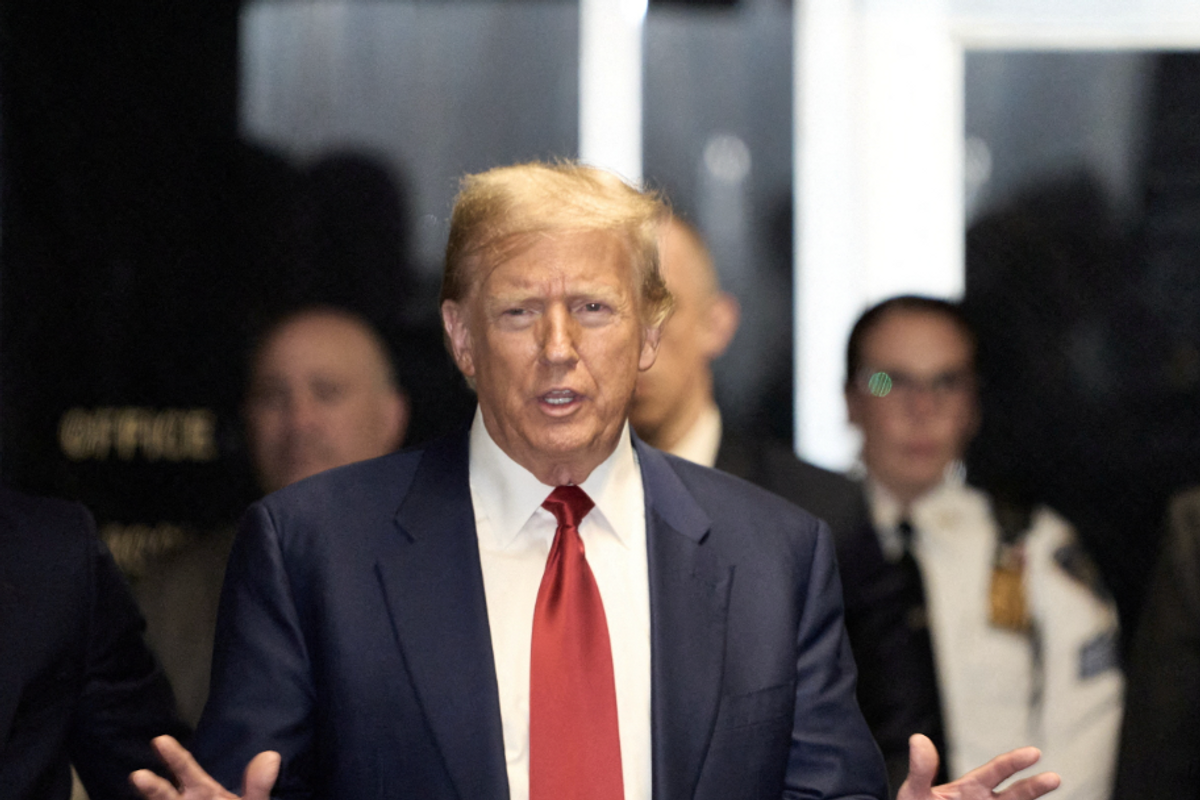
By Paul Richter, Tribune Washington Bureau (TNS)
LAUSANNE, Switzerland — Secretary of State John F. Kerry and Iranian Foreign Minister Mohammad Javad Zarif resumed negotiations Thursday morning, hoping to continue accelerating progress toward a deal to restrain Iran’s nuclear program.
U.S. officials said last week’s five-day negotiating session, which ended Saturday for a three-day break, had made more progress than any previous round. They said they view March 31 as a firm deadline for the first-phase agreement they are seeking to reach.
The United States, five other world powers, and Iran are hoping to complete a final deal, with all details worked out by June 30. It would lift sanctions on Iran if the Islamic Republic agrees to curbs intended to prevent it from gaining a nuclear weapons capability.
“We very much believe we can get this done by the 31st,” a senior administration official told reporters on Kerry’s plane Wednesday night. “We see a path to do that.”
At the same time, the official acknowledged that the talks, which missed two deadlines last year, could stall again.
Though negotiators have tentatively resolved a series of thorny issues, U.S. officials indicated that the key question of how long the deal should last has not been finally settled. An official, who declined to be identified under ground rules set by the State Department, said conversations on the subject are “ongoing.”
“All of us want as long a duration as is possible,” the official said. “The question is what is realistic — what (restrictions) should be in place for what length of time.”
Officials have said that restrictions on Iran would begin to be eased after a number of years. But some curbs, as well as close monitoring and inspections, would continue indefinitely, U.S. officials have promised.
Officials suggested that Thursday’s meeting could be crucial, because they are waiting to see if the Iranian leadership, during consultations with Zarif over the weekend, accepted the six powers’ proposals for resolving other outstanding issues.
After this meeting “we will have a much better sense of where Iran is,” the official said.
The officials promised that the first-stage agreement — sometimes referred to as a “framework” or “political understanding” — would include enough details to allow the public to judge its value.
It has been unclear how specific the agreement would be. Iran wants no written document issued until the entire deal is complete, while Congress is demanding a detailed understanding of how the negotiators intend to resolve all important issues.
Advocates for the deal in the United States have been urging the White House to release as many details as possible so that supporters can defend it against critics in Congress and elsewhere.
“We will need to communicate as many specifics as possible to the public in some form or fashion,” an official said.
President Barack Obama this week promised that the public would be able to “lift up the hood” to see what’s in the agreement.
The officials said it was still unresolved whether the agreement would be described in a written statement, public remarks or both.
The officials said the interim nuclear agreement of November 2013, which temporarily restricts Iran’s nuclear program in exchange for limited sanctions relief, would remain in effect if the group doesn’t meet the March 31 deadline. However, they said the administration would “evaluate” what course it would take next if negotiators fell short again, for the third time.
The deadline issue is sensitive for the administration because it is under pressure to show concrete progress or face congressional action that the administration fears could sink the negotiations. The administration could theoretically continue talking until mid-April, because Congress doesn’t return until April 11.
French officials have been urging the group not to worry about the March 31 deadline, because setting a date in that way gives Iran added negotiating leverage. A senior U.S. official said the six powers were united on overall strategy, though there are tactical differences between them.
A U.S. official described the plans for the talks as “incredibly fluid.” The U.S. negotiators’ schedule has no details for the next week, but says only “negotiations.”
Kerry, addressing the deal’s critics in remarks in Washington on Wednesday, warned that if the United States abandoned a deal that other world powers consider reasonable, the sanctions regime would collapse and the Iranian nuclear threat would sharpen.
“The talks would collapse,” he said. “Iran would have the ability to go right back spinning its centrifuges and enriching (uranium) to the degree they want.”
One potential threat to the talks emerged in the air attack Wednesday by Saudi Arabia and its Persian Gulf allies against the Iran-backed Houthi rebels in Yemen. The White House has announced that the United States will provide logistical and intelligence support to the Gulf Arabs’ effort.
Alaedin Brojerdi, head of the foreign policy committee in Iran’s parliament, charged that “America is leading the … war in the region.”
(c)2015 Tribune Co., Distributed by Tribune Content Agency, LLC
Photo: Secretary of State John Kerry meets with Iranian Foreign Minister Javad Zarif in Geneva on January 14 for a bilateral meeting to provide guidance to their negotiating teams before their next round of discussions, which begin on January 15. U.S. Mission/Eric Bridiers via Flickr


